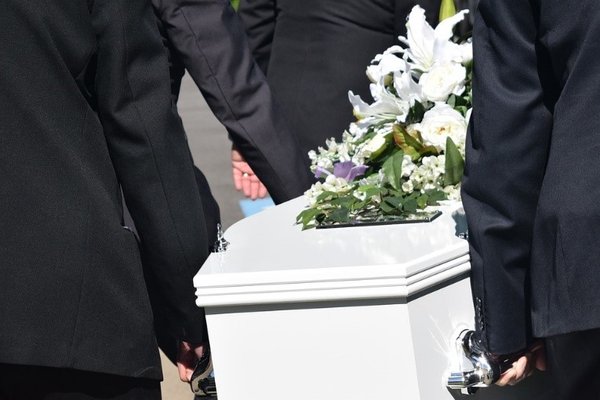Arranging a funeral

Arranging a meaningful and authentic farewell is a highly personal decision. It should reflect the wishes of your loved one and the family. It’s not just about the cards and flowers. It’s about the personal touches that celebrate a person’s life; as individual and distinctive as the deceased themselves.
So we’re happy to arrange the unique touches that matter most at your service. Whether you want the funeral cortège to drive past Anfield (or Goodison!), alongside the Mersey or on Penny Lane, or if you’d like your guests to wear a particular colour or want to personalise the coffin with photos or paintings, we'll make it happen. Together, we’ll create a unique and fitting tribute.
This personal decision is often influenced by factors such as family tradition, religion, or the wishes of your loved one. You might want to consider whether to dress the deceased in their clothing, or whether to decorate the coffin to reflect their interests or hobbies. Please note that a burial has fewer restrictions about the placing of possessions, choice of clothing and decoration than a cremation. We can advise you on any restrictions.
The most common form of burial is in a churchyard or cemetery. Depending on local regulations and availability, you usually have the choice between using a new or existing grave. If a grave already exists, perhaps as part of a family plot, we’ll need the deeds of the grave or other related documents. If you don’t have them, we’ll help you locate them and check if there is enough space. When purchasing a new grave, some authorities may allow you to reserve or purchase grave space next to it.
There are alternatives to burial in a churchyard or cemetery, such as burial in a vault, burial at sea, and woodland burials. Please contact us to discuss these options.
If you decide to use a crematorium, you can choose between a full service or a shorter committal service. You can hold a service at a church or another location before holding a shorter committal service in the crematorium. The end of the service is usually called the committal. There may be a closing of curtains as the committal takes place, or the coffin may move gently from sight. There are some restrictions (e.g. metal objects and certain materials) on what can be included in a committal.
To discuss your wishes, please contact our 24-hour manned line on (0151) 228 3900 and we’ll take it from there.